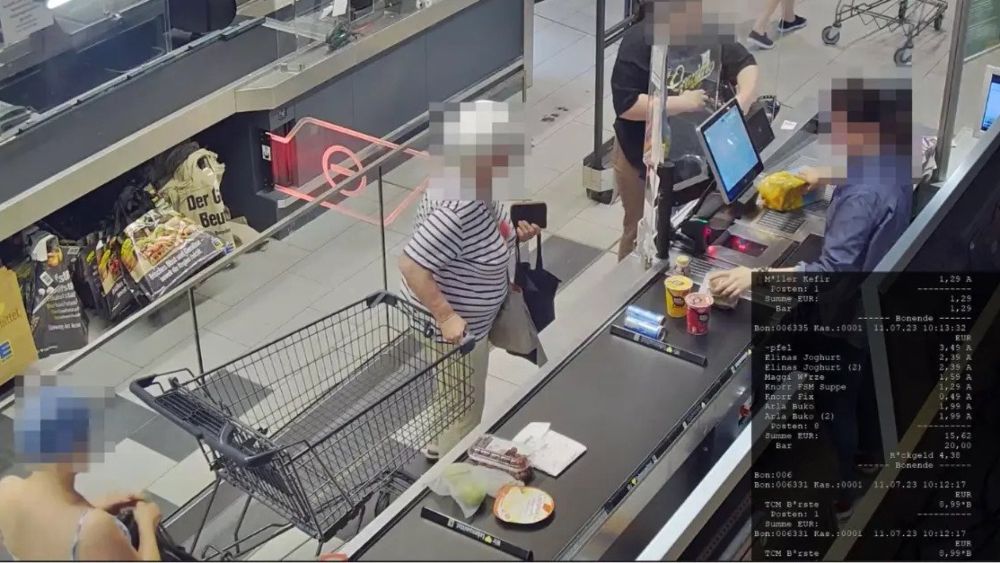
AxxonSoft has announced version 2.0 of its Axxon One video management software (VMS), with the new release featuring integrations with various physical security systems, making the solution a “unified“ VMS, according to the company.
Other enhancements include new artificial intelligence (AI) video analytics and intelligent search functions, hardened cybersecurity, usability and performance improvements, as well as expanded cloud capabilities.
The company says that Axxon One 2.0 integrates ten physical security systems from various vendors and the universal OPC Data Access Wrapper interface. Integrations include access control systems, fire and security alarms and perimeter intrusion detection systems.
Axxon One receives data from cash registers and links it to video feeds. The receipt text and cash register events are overlaid on the video as titles and stored in a database.
Users can utilise text search by these titles to retrieve POS integration videos from recorded footage.
A resource-optimised algorithm masks moving objects in the camera’s field of view using minimal computing power.
AI detection can be applied to mask only specific objects, such as people, both moving and static. The company says this tool is essential for compliance with data protection/privacy regulations.
Along with license plate recognition, AI analytics determines the make, model, class, speed and colour of vehicles in a traffic stream in real time and stores these characteristics in a database.
Video recordings can be searched by all these vehicle characteristics across multiple cameras. This is mainly used when the license plate number of a vehicle of interest is unknown.
AI analytics extracts human appearance features and stores them in a database.
AxxonSoft highlights that it is possible to select a person in the frame or upload a photo to find similar people in video footage from multiple cameras.
The company says instant event search in the web client is a powerful and convenient tool that doesn’t require complex settings.
There is the option to specify an area within the frame to find all events with motion in that area, instantly switching from viewing video to searching.
Axxon One 2.0 ensures end-to-end secure connections using the HTTPS protocol; transmitted data is safeguarded with TLS-encryption.
The desktop client connects to the server through a single port, which is essential to comply with corporate security policies.
Axxon One can now receive and process three or more video streams from an IP camera. Separate streams can be used for recording, viewing and video analytics, optimising resource consumption.
Redesigned user rights management allows clients to administrate large video surveillance systems and default camera access rights can be configured for different user roles.
These rights are automatically applied when a camera is added to the system, eliminating the need to set access rights for each camera individually.
This is a desktop client tool for monitoring multi-story buildings. All cameras are overlaid on the map and colour-coded according to their status.
Users can pinpoint the location of a selected camera and switch between different floor views.
The interactive map supports bitmap and vector geo-maps in both desktop and web clients. Clients can select geo-map provider: OpenStreetMap or Google Maps.
The new Alarm Board in the desktop client displays active alarms in order of priority. Users can assess and comment on alarms directly from the Board or open the detailed view to watch an event video.
The Axxon One 2.0 desktop client can connect to servers in multiple locations via the private cloud based on the Axxon VSaaS Datacenter software platform, with connection speed improved it is now fast regardless of system size, the company reports.
The new Alarm Panel provides a way to manage alarm events by displaying all active alarms at a site.
Clicking on an alarm thumbnail opens the detailed alarm view: users can view the event recording and assess the alarm as confirmed, suspicious or false.
Axxon VSaaS Datacenter now offers two new ways to connect cameras to cloud-based Axxon One servers.
Cameras can be connected via AxxonSoft bridge devices or directly via the AxxonSoft plugin installed on supported cameras.
Now, Axxon One supports compatibility with object storage services, including Microsoft Azure Storage and Seagate Lyve Cloud.